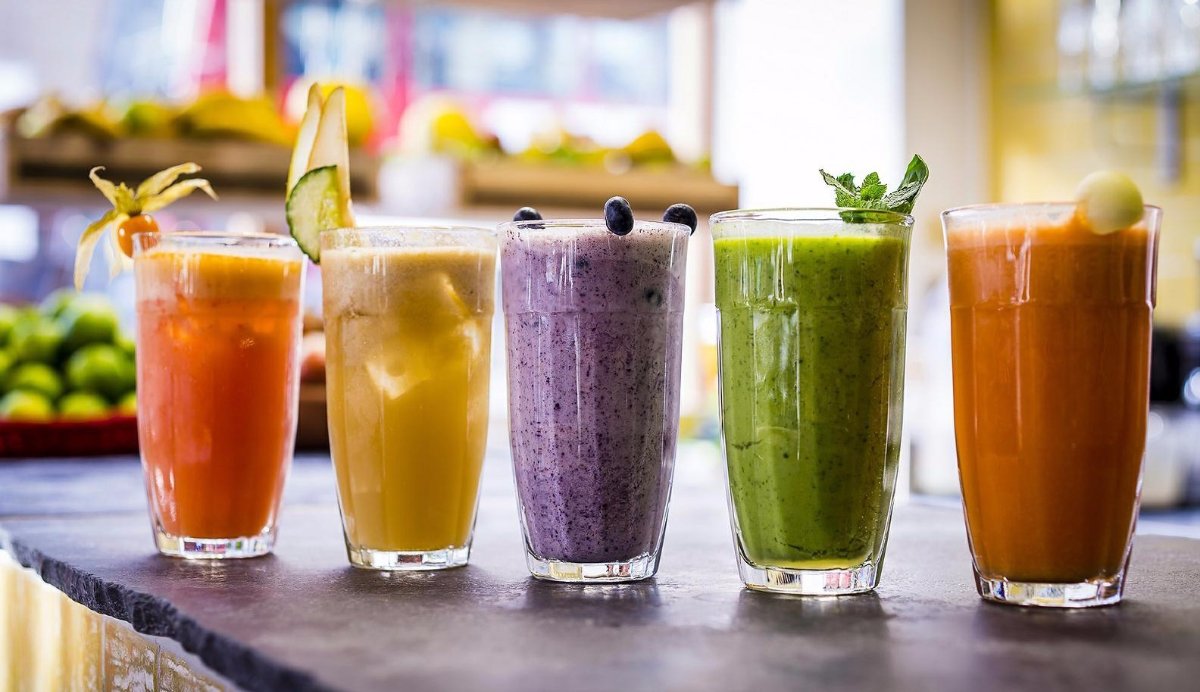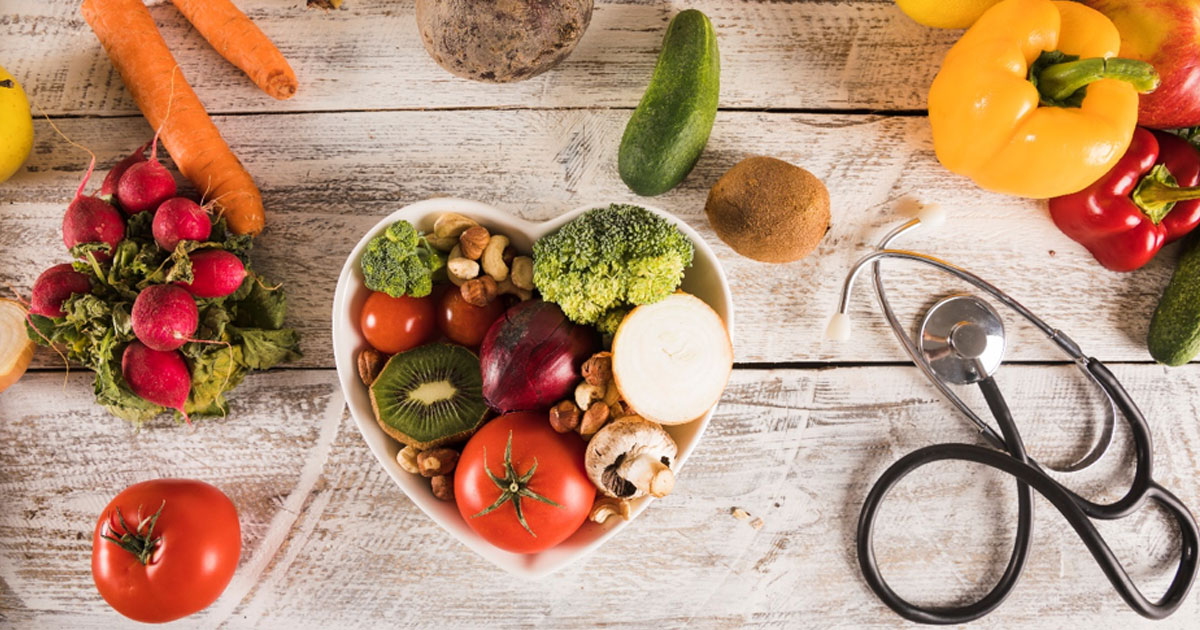The debate between souping and juicing has gained traction in recent years as people seek convenient and nutritious ways to incorporate more fruits and vegetables into their diets. Both souping and juicing offer a convenient way to consume a concentrated dose of nutrients from produce, but they differ in their preparation methods, nutrient content, and potential health benefits. In this comprehensive guide, we’ll explore the differences between souping and juicing, their respective pros and cons, and what you need to know to make an informed decision about which approach may be better suited to your health goals and lifestyle.
Understanding Souping and Juicing
Souping
Souping involves blending whole fruits and vegetables with liquid (such as water, broth, or coconut milk) to create a thick, hearty soup. The ingredients are typically cooked or raw, depending on the recipe, and may include a variety of herbs, spices, and seasonings for flavor. Soups can be enjoyed hot or cold and are often consumed as part of a meal or snack.
Juicing
Juicing involves extracting the liquid (juice) from fruits and vegetables using a juicer or blender, leaving behind the fibrous pulp. The resulting juice is typically smooth and thin, with a concentrated flavor and nutrient content. Juices can be consumed on their own or as part of a juice cleanse or detox program.
Pros and Cons of Souping and Juicing
Souping
Pros
Fiber-Rich
Soups retain the fiber content of whole fruits and vegetables, which can help promote digestive health, regulate blood sugar levels, and support weight management.
Satiety
Soups are often more filling and satisfying than juices due to their thicker consistency and inclusion of protein-rich ingredients such as beans, lentils, or lean meats.
Nutrient Retention
Cooking ingredients in soups can help release and enhance the absorption of certain nutrients, such as lycopene in tomatoes or beta-carotene in carrots.
Versatility
Soups can be customized with a wide variety of ingredients, flavors, and seasonings to suit individual tastes and dietary preferences.
Cons
Time-Consuming
Preparing homemade soups from scratch can be time-consuming, requiring chopping, cooking, and blending of ingredients.
Potential for Excess Calories
Cream-based soups or those high in added fats (such as butter or cheese) may be higher in calories and less conducive to weight management.
Reheating Issues
Some soups may not reheat well and can lose flavor or texture upon reheating, particularly those containing delicate ingredients such as leafy greens or seafood.
Juicing
Pros
Nutrient Density
Juices provide a concentrated source of vitamins, minerals, and antioxidants from fruits and vegetables, making it easier to meet daily nutrient requirements.
Hydration
Juices are hydrating and refreshing, making them a convenient way to increase fluid intake, particularly for those who struggle to drink enough water.
Digestive Rest
Juicing allows the digestive system to rest and may be beneficial for individuals with digestive issues or those undergoing a cleanse or detox program.
Quick and Convenient
Juices are quick and easy to prepare, requiring minimal preparation and cleanup time, especially with the use of a high-quality juicer.
Cons
Lack of Fiber
Juices lack the fiber found in whole fruits and vegetables, which plays a key role in promoting satiety, regulating blood sugar levels, and supporting digestive health.
Potential for Blood Sugar Spikes
Without the fiber to slow down the absorption of sugars, juices can cause rapid spikes in blood sugar levels, particularly those made with high-sugar fruits.
Caloric Intake
Juices can be calorie-dense, especially if made with large quantities of fruits or sweetened with added sugars, leading to potential weight gain if consumed in excess.
Limited Variety
Juicing may limit the variety of foods consumed, as only certain fruits and vegetables are suitable for juicing, and the resulting juice may lack the complexity of flavors found in soups.
Which Is Better:Souping or Juicing?
The answer to whether souping or juicing is better depends on individual preferences, dietary needs, and health goals. Both souping and juicing offer unique benefits and can be part of a healthy diet when consumed in moderation and as part of a balanced eating plan.
- Choose Souping If
- You prefer hearty, filling meals that provide satiety and satisfaction.
- You want to maintain or increase your fiber intake for digestive health.
- You enjoy cooking and experimenting with different flavors and ingredients.
- You are looking for a convenient way to incorporate more vegetables into your diet.
- Choose Juicing If
- You prefer light, refreshing beverages that are hydrating and easy to consume.
- You want to increase your intake of vitamins, minerals, and antioxidants from fruits and vegetables.
- You are looking for a convenient way to boost your nutrient intake on-the-go.
- You are following a specific cleanse or detox program and want to give your digestive system a break.
Tips for Souping and Juicing Success
Souping
Batch Cooking
Prepare large batches of soup and freeze individual portions for quick and convenient meals.
Experiment with Ingredients
Get creative with flavor combinations and seasonal produce to keep soups interesting and flavorful.
Balance Nutrients
Include a balance of protein, healthy fats, and complex carbohydrates in soups to promote satiety and provide sustained energy.
Juicing
Use Variety
Incorporate a variety of fruits and vegetables into juices to maximize nutrient intake and flavor diversity.
Mindful Consumption
Enjoy juices in moderation and be mindful of portion sizes to avoid excessive calorie consumption.
Include Greens
Add leafy greens such as kale, spinach, or Swiss chard to juices for an extra boost of vitamins, minerals, and antioxidants.
FAQs Frequently Asked Questions
Which is better for weight loss: souping or juicing?
Both souping and juicing can be part of a weight loss plan when consumed as part of a balanced diet that includes a variety of whole foods. However, souping may be more conducive to weight loss due to its higher fiber content and greater potential for satiety.
Can souping or juicing help detoxify the body?
While souping and juicing are often promoted as ways to detoxify the body, there is limited scientific evidence to support these claims. The body has its own natural detoxification processes involving the liver, kidneys, and other organs, and consuming a balanced diet rich in fruits, vegetables, and whole foods supports overall health and well-being.
Are souping and juicing suitable for people with diabetes?
Both souping and juicing can be part of a healthy diet for people with diabetes when consumed in moderation and as part of a balanced eating plan. However, individuals with diabetes should be mindful of their carbohydrate intake and choose soups or juices that are lower in added sugars and higher in fiber.
Can souping or juicing be used as meal replacements?
Souping and juicing can be used as meal replacements for certain meals or snacks, particularly for those looking to increase their intake of fruits and vegetables or give their digestive system a break. However, it’s important to ensure that meals are balanced and provide adequate nutrients, including protein, healthy fats, and carbohydrates.
Are there any risks associated with souping or juicing?
While souping and juicing can be part of a healthy diet, there are some potential risks to consider. Soups or juices made with large quantities of high-sugar fruits or sweetened with added sugars can contribute to excessive calorie intake and blood sugar spikes. Additionally, consuming only soups or juices may lead to nutrient deficiencies if not accompanied by a balanced diet.
Can souping or juicing help with digestion?
Both souping and juicing can support digestive health when made with whole, nutrient-dense ingredients that are easy to digest. Soups may be particularly beneficial for digestion due to their fiber content and inclusion of ingredients such as bone broth, which is rich in gut-friendly nutrients.
Can souping or juicing be part of a long-term healthy eating plan?
Souping and juicing can be part of a long-term healthy eating plan when incorporated into a balanced diet that includes a variety of whole foods. However, it’s important to consume soups and juices in moderation and be mindful of portion sizes to avoid excessive calorie intake or nutrient imbalances.
Conclusion
In conclusion, the debate between souping and juicing ultimately comes down to personal preferences, dietary needs, and health goals. Both souping and juicing offer unique benefits and can be part of a healthy diet when consumed as part of a balanced eating plan. Souping provides fiber-rich, hearty meals that promote satiety and support digestive health, while juicing offers concentrated doses of vitamins, minerals, and antioxidants in a hydrating and refreshing form. By understanding the differences between souping and juicing, weighing their pros and cons, and considering your individual needs and preferences, you can make an informed decision about which approach may be better suited to your lifestyle and health goals. Whether you prefer sipping on a nutrient-packed green juice or savoring a comforting bowl of homemade soup, incorporating souping or juicing into your diet can be a delicious and nutritious way to nourish your body and support overall health and well-being.
- Skin Treatment & Skincare Consultations Near Dockenfield, Surrey - May 31, 2025
- The Effects Of Breadcrumbing In Modern Relationships And How To Heal - May 31, 2025
- Skin Pen Microneedling Near Copthorne, Surrey - May 30, 2025





